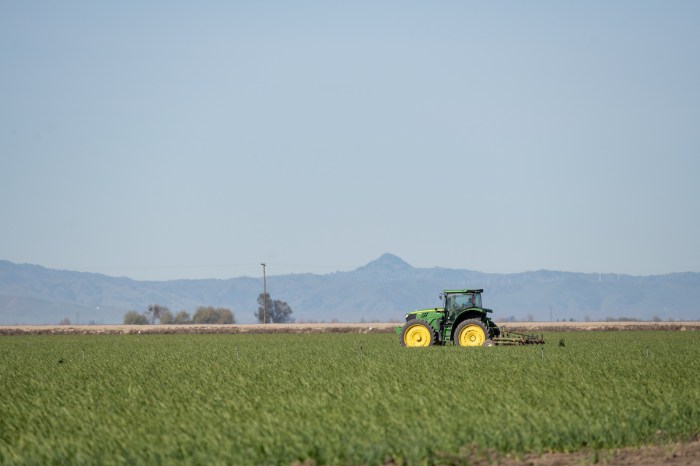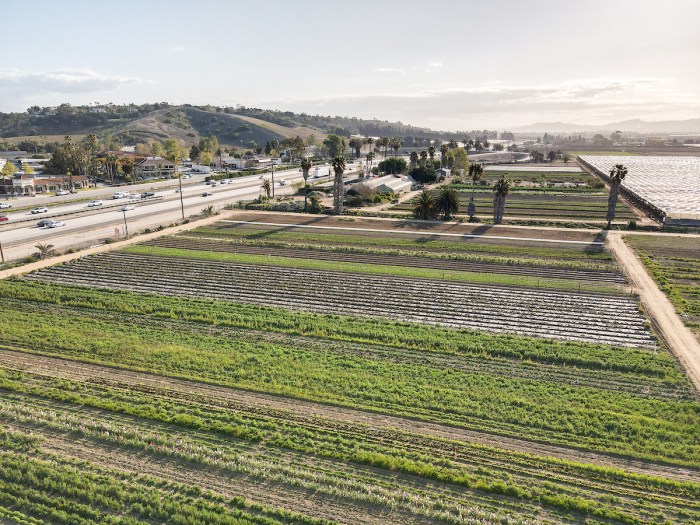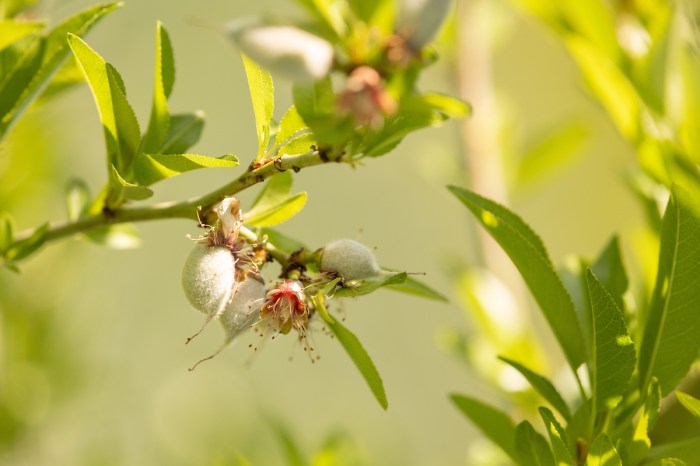What are the benefits of preserving farmland – Exploring the multifaceted advantages of preserving farmland, this discourse unveils the ecological, economic, social, and long-term benefits that stem from safeguarding this vital resource. From bolstering biodiversity to mitigating climate change, fostering economic prosperity to enhancing community well-being, preserving farmland offers a myriad of tangible advantages that are essential for the well-being of both present and future generations.
The preservation of farmland plays a pivotal role in safeguarding the delicate balance of ecosystems, supporting a diverse array of flora and fauna. By reducing greenhouse gas emissions and improving water quality, farmland preservation contributes to the mitigation of climate change and the protection of our natural resources.
Moreover, farmland serves as a cornerstone of economic stability, providing employment opportunities, supporting local businesses, and contributing to the overall economic growth of communities.
Environmental Benefits

Preserving farmland offers numerous environmental benefits. Farmland serves as a crucial habitat for a diverse range of plant and animal species, contributing to the maintenance of biodiversity.
Role in Mitigating Climate Change
- Farmland practices, such as sustainable farming techniques, can reduce greenhouse gas emissions by sequestering carbon in the soil.
- Preserving farmland prevents the conversion of natural habitats into agricultural land, which can release significant amounts of carbon dioxide.
Water Quality Improvement
- Vegetated buffers around farmland can filter pollutants and sediment from runoff, improving water quality in rivers and streams.
- Proper irrigation practices can minimize water usage and reduce nutrient leaching, protecting groundwater resources.
Economic Benefits

Farmland preservation has substantial economic benefits. It supports the agricultural industry, which is a vital source of food and income for many communities.
Food Production and Value
- Farmland provides the land and resources necessary for food production, meeting the growing demands of a global population.
- The economic value of farmland is immense, with agricultural products contributing significantly to national economies.
Job Creation and Economic Growth
- Preserving farmland supports job creation in agriculture, food processing, and related industries.
- Farmland preservation can stimulate economic growth by attracting businesses and investments to rural areas.
Support for Local Businesses and Communities
- Farmland preservation helps maintain the viability of local businesses, such as farmers’ markets and agricultural cooperatives.
- Preserved farmland provides opportunities for agritourism and other recreational activities, boosting local economies.
Social Benefits

Farmland preservation has profound social benefits, ensuring food security, promoting healthy lifestyles, and enhancing community well-being.
Food Security, What are the benefits of preserving farmland
- Preserved farmland ensures a reliable supply of food for local communities and the nation as a whole.
- Access to fresh, locally produced food promotes healthy diets and reduces food insecurity.
Healthy Lifestyles and Access to Fresh Produce
- Farmland preservation supports community gardens and urban farming initiatives, providing access to fresh produce.
- Preserved farmland promotes physical activity and outdoor recreation, contributing to overall health and well-being.
Community Well-being
- Farmland preservation helps maintain the character and identity of rural communities.
- Preserved farmland provides open spaces and greenways, enhancing the quality of life for residents.
Long-Term Benefits

Preserving farmland has lasting benefits for future generations, ensuring sustainability and preserving cultural heritage.
Importance for Future Generations
- Farmland preservation ensures that future generations have access to land for food production and other agricultural purposes.
- Preserved farmland can be used for research and education, advancing agricultural practices and ensuring food security.
Role in Maintaining Cultural Heritage and Traditions
- Farmland preservation protects agricultural landscapes and traditional farming practices, preserving cultural heritage.
- Preserved farmland can serve as a living museum, showcasing the history and evolution of agriculture.
Contribution to Sustainable Land Use Planning
- Farmland preservation helps guide land use planning decisions, ensuring the availability of land for agricultural purposes.
- Preserved farmland can be integrated into green infrastructure plans, providing environmental and recreational benefits.
FAQs: What Are The Benefits Of Preserving Farmland
What are the environmental benefits of preserving farmland?
Preserving farmland helps maintain biodiversity, mitigate climate change, and improve water quality.
How does preserving farmland contribute to economic growth?
Farmland preservation creates jobs, supports local businesses, and contributes to the overall economic vitality of communities.
Why is farmland preservation important for food security?
Preserving farmland ensures a reliable supply of food for both present and future generations.